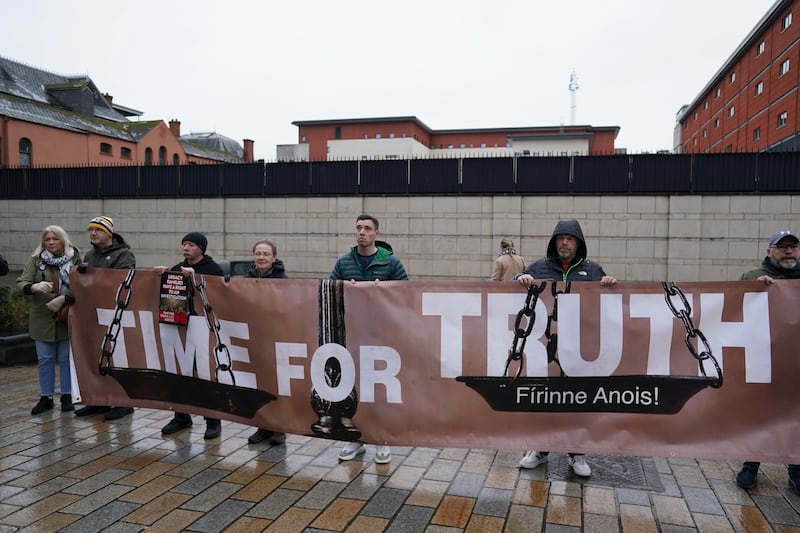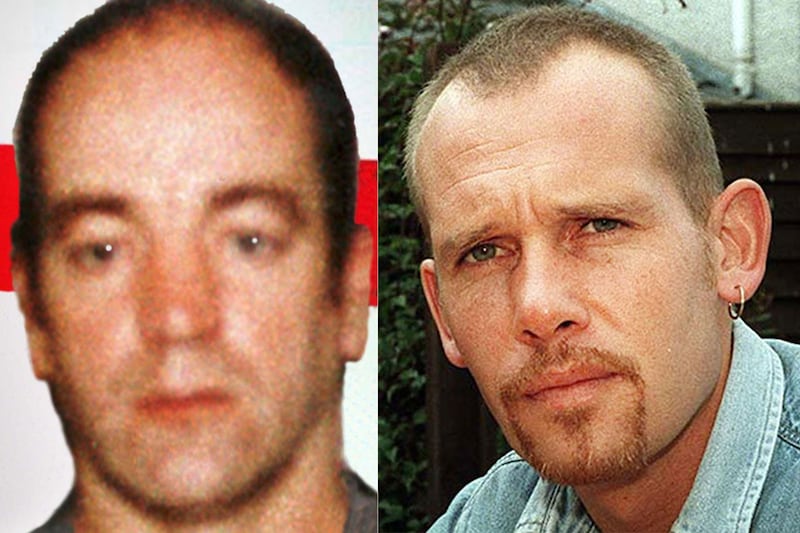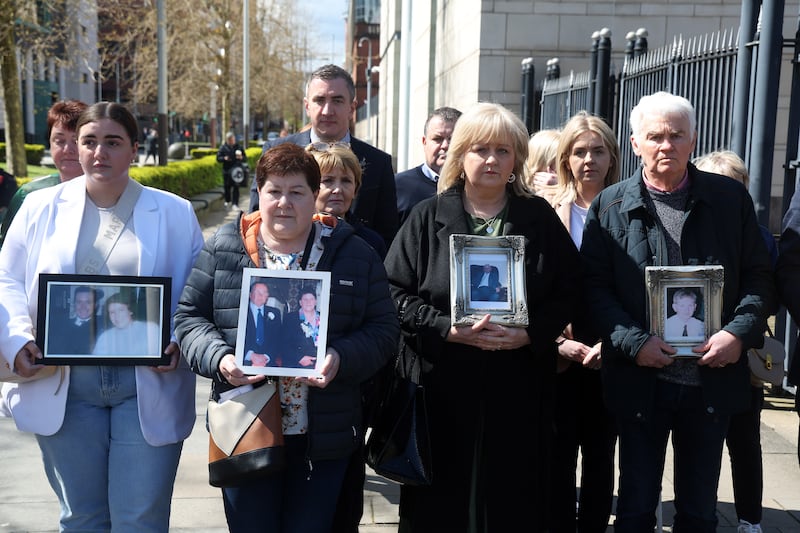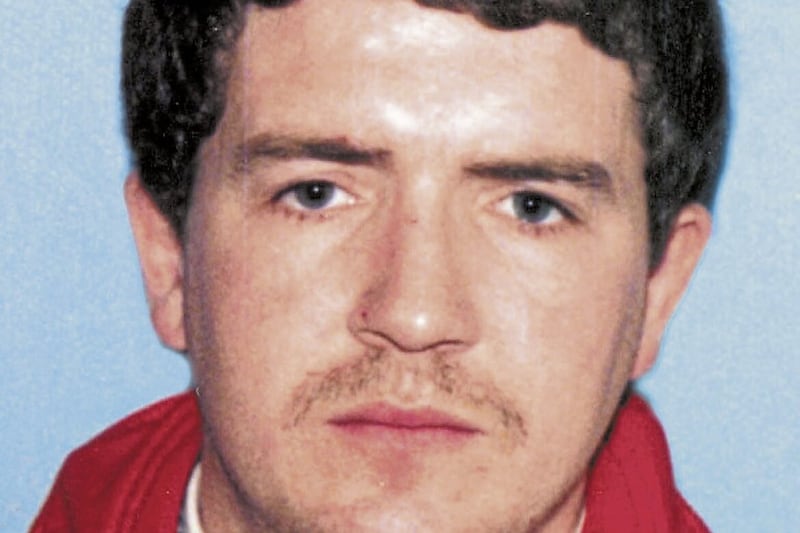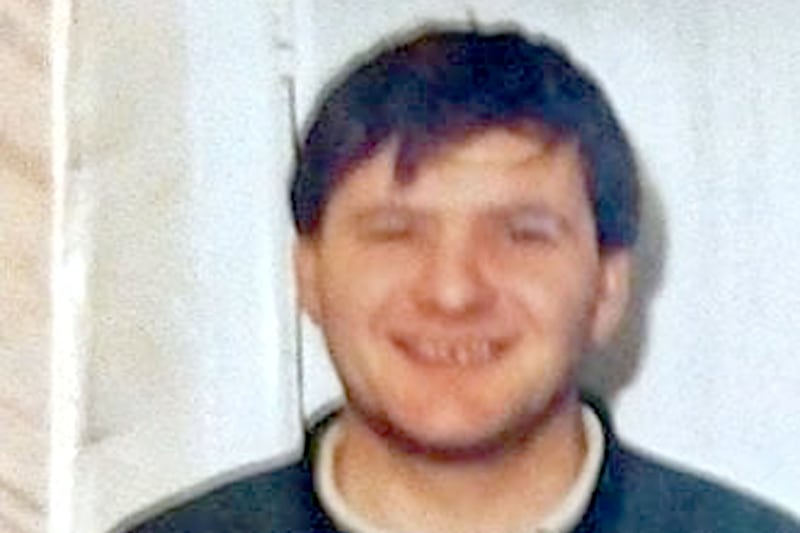A confidential NIO assessment of the DUP in March 1988 suggested tensions between the once-dominant Ian Paisley and his ambitious, "secular" deputy Peter Robinson.
Two decades before the DUP's inaugural leader was ousted in controversial circumstances, British government officials were highlighting the strains at the heart of a party with two conflicting wings.
The author of the piece, J E McConnell of the NIO's political affairs division, also speculated that Mr Robinson's resignation as deputy leader and subsequent return to that post suggested a tempering of "the more zealous and evangelical aspects of the party" by political realities.
Even in1988, he wrote how DUP party conferences were "largely stage-managed" while "very little of any significance happens in the DUP without the leader's knowledge and approval".
Recent events, McConnell felt had dented the DUP's solid front. In particular he detected "a more open split between the Free Presbyterian wing of the DUP and the secular grouping who see party politics as more important".
"(Peter) Robinson is clearly in the second category and the fact that his resignation as Deputy Leader (in October 1987) did not lead to the appointment of either (Rev William) McCrea or (Rev William) Beattie has been interpreted as an indication that an all-clerical leadership is recognised as undesirable." he wrote.
The official continued: "It was the emergence of Robinson in the general election of 1979 in East Belfast (largely helped by the UDA) and (Jim) Allister's appointment as Paisley's EEC adviser that gave fresh impetus to the party..."
The memo describes Robinson as a dominant and successful figure in east Belfast.
"Indeed there are those within the DUP who might be said to owe their allegiance more to Robinson than to Paisley. He was able, therefore, to push through the building of the Ice Bowl at Dundonald during his period as Mayor despite the supposed boycott of councils by unionists."
Building such a power base, the official noted, ran the risk of "drawing the leader's wrath".
He went on: "There are some cynical views that Paisley encouraged Robinson along the path that led to Clontibret (a reference to the DUP deputy leader's incursion across the border into Co Monaghan in 1986), the (subsequent) Dublin trial and Robinson's embarrassment when forced to choose between a fine and prison."




